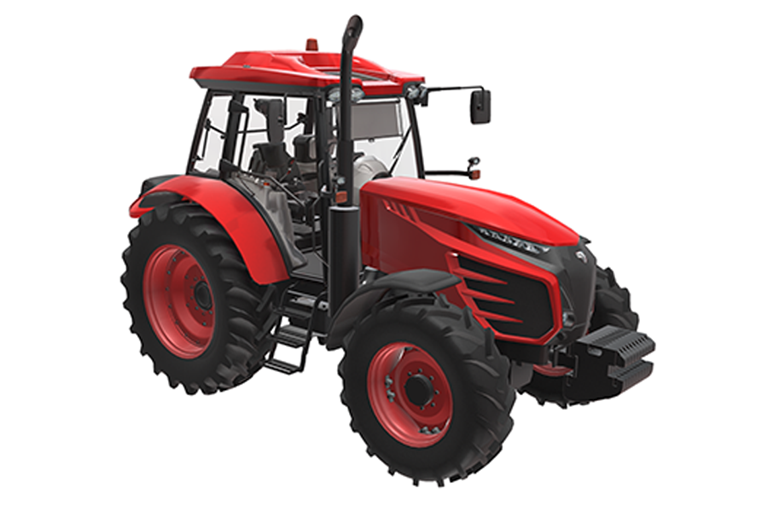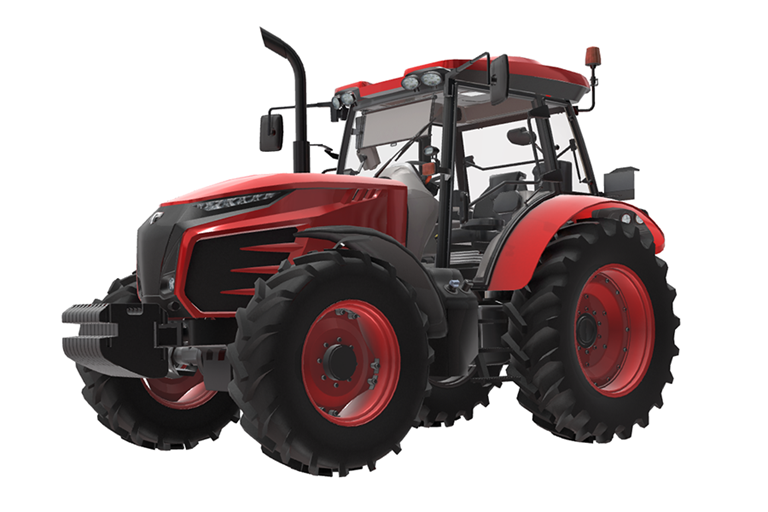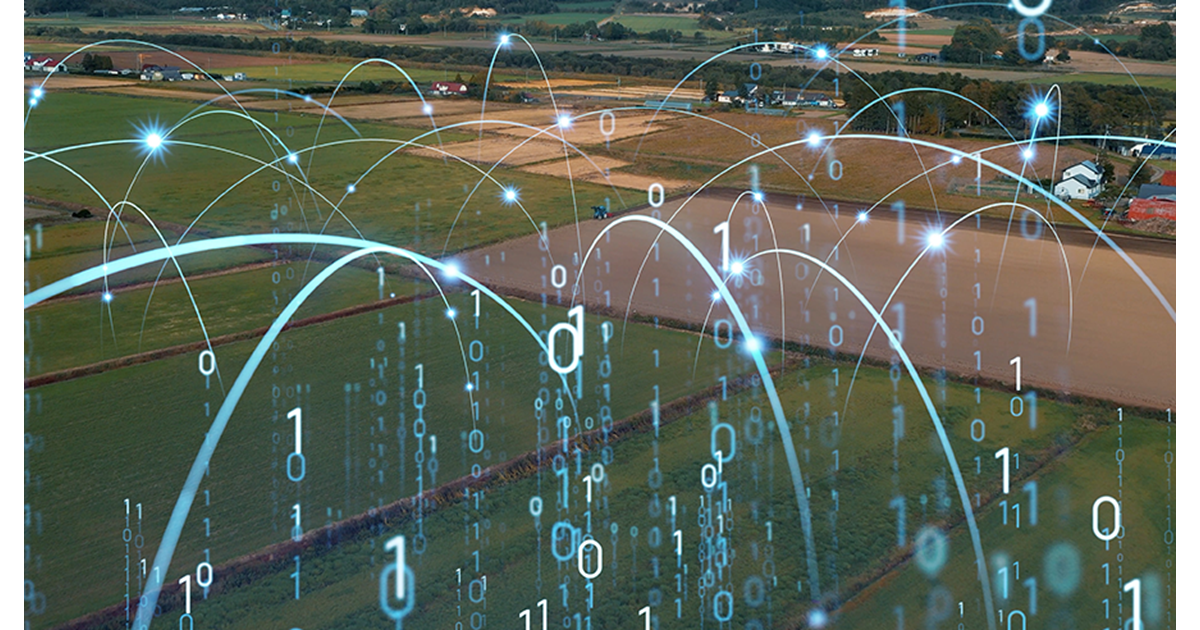How autonomous and self-driving tractors are changing smart farming
If you’re reading this article, you’re probably already familiar with smart farming, and know that the future of farming will be heavily integrated with Information and Communications Technology (ICT). You may have heard all about the benefits of autonomous tractors in agriculture. Maybe you’ve even read about TYM’s history of innovations in the realm of self-driving agricultural machines. When it comes to advanced technologies in agricultural machinery, TYM is at the forefront to pioneer innovations and spearhead change. Discover the impact of self-driving tractors on modern farms, and see how the combination of TYM’s digital automated tractors and smart apps can improve businesses and enhance lives.


Unparalleled efficiency and productivity
Efficiency and productivity are important attributes for many businesses, but they’re especially important in work as seasonal and time-sensitive as farming. The advent of GPS and sensor-driven machinery has elevated precision farming. Autonomous farming equipment can plant seeds, apply fertilizers, and water crops with high accuracy, ensuring that resources are utilized optimally. With TYM’s proprietary Digital Automated Vehicular Experience (D.A.V.E.), tractors like the T130 are designed to promote efficiency and boost productivity. D.A.V.E. tractors can store work paths and areas, eliminating the need to set them repeatedly. Straight-line work paths can determine the best, most efficient paths for machinery to take, minimizing wasted movements and maximizing field coverage and resulting in higher yields.
Environmental benefits for sustainable operations
Automation helps us become more conscious of usage and consumption and respond with resourcefulness. Precision application of fertilizer, herbicide, or other chemicals can minimize over-spraying, reducing chemical runoff and lowering overall usage. This kind of targeted application helps minimize the use of water and other resources while helping farmers become more conscious of consumption. Ultimately, autonomous and precise application within farming operations contributes to more sustainable agricultural practices. As food production accounts for a quarter of the world’s greenhouse gas emissions, farming practices must continue to evolve to become more precise and resource-efficient.


Labor management in the wake of dwindling farm labor
Driverless tractors rolling down green acreage might appear futuristic, but it’s now a practical reality. Even as the world’s population grows, the average age of farmers globally continues to rise to 60 and beyond. Thanks to autonomous tractors, growing and scaling your farm operations is as easy as adding a few more autonomous tractors. Autonomous tractors take the pain and time out of hiring and training more human operators. Unlike their human counterparts, smart tractors can operate around the clock, allowing for 24/7 farming during critical times, such as planting and harvest seasons. Rather than replacing human labor completely, autonomous systems also introduce a bigger range of jobs related to agriculture, such as tech support and data analysis. It also affords farm owners and operators the freedom to manage farms remotely, monitoring multiple fields or farms from a centralized location.
Cost savings for the agricultural sector and beyond
Increased productivity, sustainable operations, and better labor management all contribute to cost saving. Optimized routes and steady machine operation can not only help save time, but result in fuel savings. Precision agriculture ensures accurate application of resources like water, seeds, and fertilizers, meaning there’s less waste. With the decrease in demand for skilled human labor, especially during peak seasons, farms can continue to operate well into the busiest seasons without the need for costly and scarce labor. Collectively, these saved costs can make a bigger economic impact: reduced operational costs may lead to cheaper food prices for end consumers.




A safer work environment for everyone
Tractor fatigue is a real risk, but it’s one that can be eliminated with autonomous tractors. With self-driving smart tractors, you’ll lower the chance of hazards caused by operator fatigue. Advanced tractors and other autonomous agricultural machines come with sensors that can help operators avoid obstacles and reduce the risk of accidents. For tractors like the T130, its smart technology preempts accidents by decelerating before turns. Another feature of the flagship TYM tractor includes a safety feature that continuously monitors the vehicle location and automatically shuts off the engine in the event of any loss of signal or course deviation. Similarly, in the event of a roll-over, it will automatically shut off the engine and alert emergency contacts.
Innovation and advancements through data
The benefits of autonomous tractors in agriculture are evident, but there are also intangible perks. Smart tractors generate big data. By amassing valuable data that can be shared and analyzed, autonomous tractors can change the future of agriculture. Real-time monitoring through sensors on machinery can provide real-time data about soil conditions, crop health, and other important metrics. Analyzing extensive datasets can help inform farmers about the best times to plant, irrigate, fertilize, and harvest—which is especially crucial in light of changing climate and weather patterns. Autonomous machinery can be integrated into larger farm management systems, allowing for seamless data flow and analytics. Consistent data points from a wide range of machine operations provide invaluable for research and development.
Autonomous technology is changing the future of farming
Can autonomous agricultural machines curtail wasted resources, address labor shortages, and reduce greenhouse emissions? We may not know what the future of farming looks like, but we know that change is already embedded in the daily routines and practices of farmers globally.
Since 2013, TYM has been producing self-driving tractors, incorporating both straight-forward and rotational features. In 2021, we introduced a self-driving tractor that recorded the highest level of precision in Korea. As we continue to make big strides with our autonomous tractor fleet, we’ll continue to invest heavily in smart technology and by furthering our commitment to sustainable technologies and management, TYM aims to shape the landscape and the future of agriculture in Korea and beyond.








